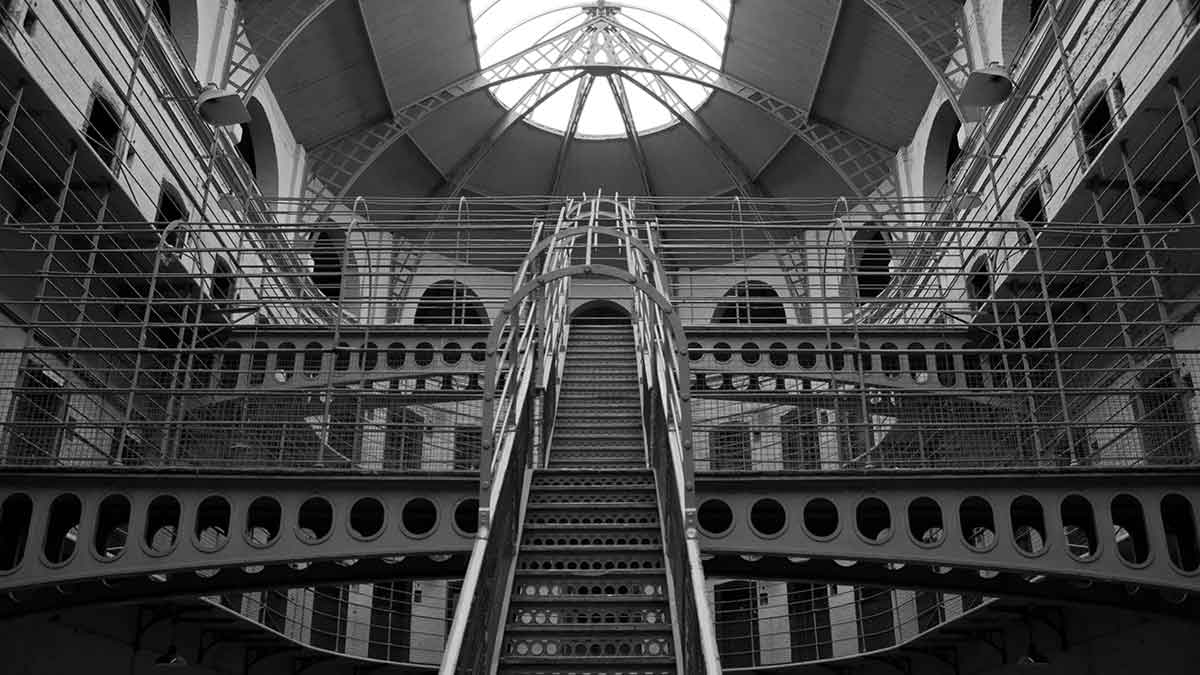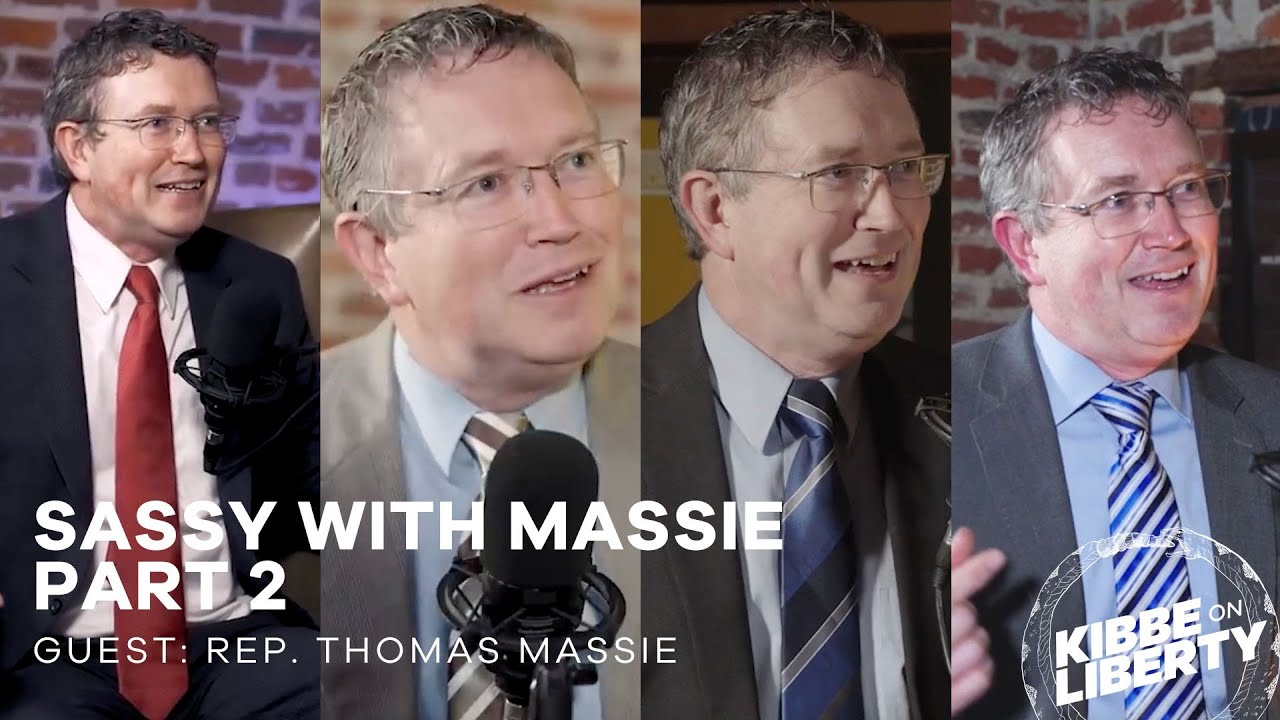
Baltimore Panopticon Raises Privacy Concerns
A couple of weeks ago, I wrote about the concept of pre-crime and how it’s being applied to law enforcement in Chicago and elsewhere. Now, a phenomenon Reason Magazine is calling “pre-search” is cropping up in Baltimore, and it’s raising all sorts of legal, ethical, and constitutional questions about our basic right to privacy.
The notoriously crime-ridden Baltimore is now under pretty much constant, city-wide surveillance using a military-style system of aerial photographs not dissimilar to Google Earth. The main difference is that police are keeping records of motion activity that can later be searched to uncover wrongdoing. Philosopher Jeremy Bentham once proposed the idea of a “Panopticon,” a prison in which all the inmates could be observed simultaneously from a single viewpoint. In the years since, the word has become a metaphor for an Orwellian environment in which people’s every move is watched by some authority. It’s hard not to think of Baltimore as such a place, in light of these new surveillance techniques. Moreover, these techniques represent a fundamentally different way of thinking about law enforcement-related searches.
Traditionally, police know what they are looking for when they begin a search. A crime has been committed, and they are looking for evidence, usually a specific kind of evidence. They obtain a warrant and conduct a targeted search of a specific location to uncover what they need to solve the crime. Historically, this has worked pretty well and has done a reasonably good job of ensuring that the Fourth Amendment’s protection against “unreasonable search and seizure” is not violated.
Now, police are taking a completely different strategy. This aerial surveillance technology allows them to perform extensive searches before any crime has been committed, but they can then revisit later to obtain evidence after the fact. The important point here is that at the time of the search, there is no probable cause to perform it.
Does this violate the Fourth Amendment? It’s difficult to say. It could certainly be viewed as “unreasonable” to surveil an entire city for no other reason than that the footage might prove useful in the future. On the other hand, do you have a reasonable expectation of privacy when you’re in a place where you can be photographed? After all, when you’re out in public, people can see you. Is it really a violation of your privacy to be photographed doing things that any passerby can observe?
Having such information on every citizen is unnerving, to say the least.
Things are complicated by the fact that aerial photographs do not capture public places only. Critics of the program have pointed out that people are being photographed in their back yards or other pieces of private property where they should have a reasonable expectation of privacy. It’s also worth noting that with such wide-scale surveillance, the police can learn things about you that no ordinary observer (except perhaps a very persistent private detective) could. The complete tracking of your movements means that police will know where you go to church, when and where you go to the doctor, who your friends are, what your job is, where you go to school, what your politics are, and pretty much everything else about your life.
Having such information on every citizen is unnerving, to say the least. We know that the government has not been shy in the past about persecuting people based on their political beliefs, as well as the abuse of surveillance technology by unscrupulous agents. How much greater will the temptation be when the personal habits of all citizens are at their fingertips?
The courts have given a mixture of rulings on issues similar to this in the past, with some upholding privacy rights and others arguing that movements in the public sphere are different. So it’s unclear what the judiciary will have to say in the specific case of Baltimore’s surveillance system. But anyone concerned with personal privacy and the potential for the abuse of power by the government should take careful note of these developments. George Orwell’s Big Brother is starting to seem less fictional every day.
This article originally appeared on Conservative Review.
Free the People publishes opinion-based articles from contributing writers. The opinions and ideas expressed do not always reflect the opinions and ideas that Free the People endorses. We believe in free speech, and in providing a platform for open dialogue. Feel free to leave a comment.



